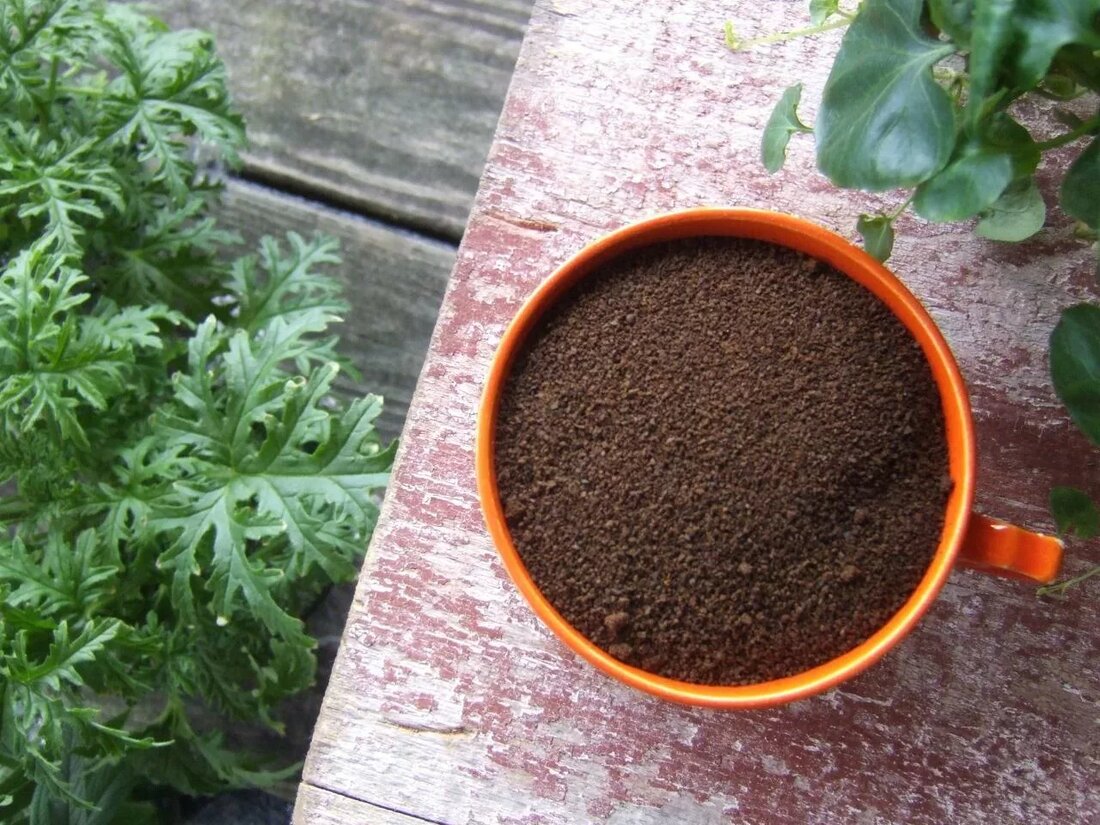Coffee grounds as fertilizer, mulching agent, compost additive and pesticide - good for plants?
Coffee grounds as fertilizer? You only have to walk past a coffee shop in any city to see that the country loves coffee. With so much coffee being consumed every day, it is encouraging to learn that all of these grinders can be put to productive use. Next time you make a cup, save your coffee grounds and add them to the soil of your garden. For best results, use organic coffee when consuming the fruits or vegetables you fertilize. Approximately 60% of the world's coffee beans are sprayed with potentially harmful pesticides. Coffee grounds as a mulching agent The breakdown materials from coffee can be used as...

Coffee grounds as fertilizer, mulching agent, compost additive and pesticide - good for plants?
Coffee grounds as fertilizer? You only have to walk past a coffee shop in any city to see that the country loves coffee. With so much coffee being consumed every day, it is encouraging to learn that all of these grinders can be put to productive use. Next time you make a cup, save your coffee grounds and add them to the soil of your garden. For best results, use organic coffee when consuming the fruits or vegetables you fertilize. Approximately 60% of the world's coffee beans are sprayed with potentially harmful pesticides.
Coffee grounds as a mulching agent
The breakdown materials from coffee can be used as mulch and fertilizer for gardens. Aesthetically, coffee grounds can be used to create elegant black borders in flower gardens. The rich black provides a beautiful contrast to colorful flowers and green herbs. Mix with other forms of organic mulch for best results. When used alone, the coffee tends to create a rich sludge that prevents air and water from penetrating.
Coffee grounds as a compost additive
Adding coffee to your compost or worm bin is a great idea. Again, the result is nitrogen-rich soil, and gardeners swear that coffee-fed worms will thrive. Researchers have also found that coffee grounds help maintain ideal temperatures in compost piles. This keeps the compost free of potentially harmful pathogens that will later attack sensitive seedlings. ( source )
Coffee grounds as fertilizer
Coffee grounds used as fertilizer are slightly acidic and full of nitrogen, a mineral that promotes the growth of vegetables and plants. Coffee grounds are particularly suitable for tomato plants that thrive on nitrogen. When planting, soils produce a natural acidic form of bacteria that promotes the growth of acid-loving plants such as tomatoes, roses, blueberries and evergreens. According to the Composting Council of Canada, adding coffee to soil increases nutritional value, improves soil texture and fertility, and helps attract earthworms. ( source )
Coffee as a pesticide
Coffee grind mulch has the added benefit of deterring vegetarian and flower-eating snails and snails. There are other organic pesticides that can also deter certain garden pests.
How to use coffee grounds in your garden
Do not use fermented or rotten coffee grounds. Try purchasing compostable unbleached coffee filters as this makes it easier to simply throw grinds and filters into your compost box. For a quick fertilization spray, dilute coffee grounds in purified water and spray directly onto plants.
Where can I get the best coffee grounds?
Most homes and offices have at least one coffee drinker, usually more. Ask the person buying the coffee to buy organic so that people can recycle the coffee grounds. This is an easy way to contribute to a greener world!

 Suche
Suche
 Mein Konto
Mein Konto
